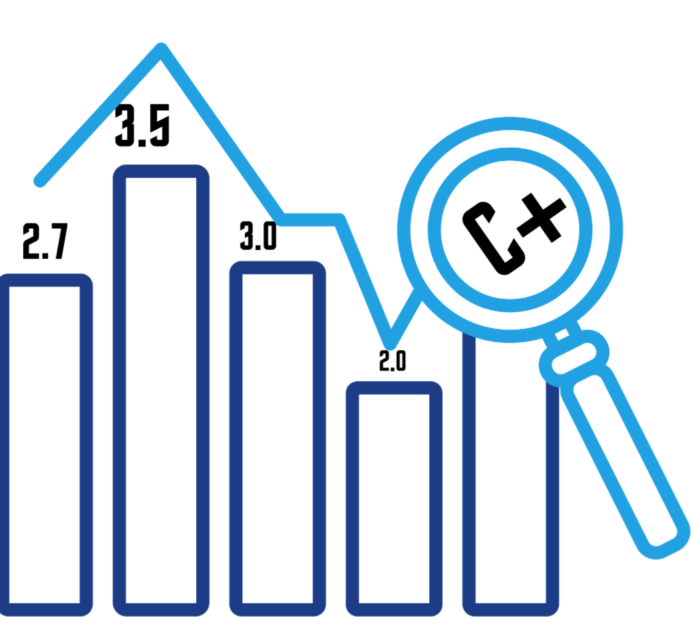We are living through an era of advanced technology in which it is almost impossible for students to participate in their social, academic and professional communities without the use of the internet. With the rise of social media in particular, students’ dependency on their phones has increased to the point where people are becoming addicted to modern technology.
While there are some positive aspects to modern technology, and many people use tech for important purposes, screen usage amongst students has begun to impact their physical health as well as their academic performance.
For many students, it is difficult to determine where to draw the line given that even necessary applications and platforms can be distracting and lead them to procrastinate.
Given the current social climate, the urge to stay online and connected is greater than ever before. From educational pursuits to doctors providing healthcare, everything has navigated itself to the realms of the digital world.
Emma Drager, a first-year life sciences student, noted that her screen usage is both productive and relaxed.
“It goes both ways: I am constantly on my laptop doing schoolwork [hopefully improving my Grade Point Average (GPA)], but then devices can lead to distraction, loss of focus, and enable procrastination,” Drager said.
For many college students, the recent shift to a completely new system of online school has been unsettling and difficult. Many have missed deadlines, struggled to keep up with their classes, and felt as though they were underperforming academically. As a result, students have identified several ways in which the ompnipresence of screens in their academic lives cause problems.
Kevin Liu Yu, a first-year science student, acknowledged the relationship between screen usage and GPA.
“I do believe that there might be a connection between these two since if we are talking about screen time; when it comes to social media and entertainment, yeah, by all means, it could impact a student’s GPA,” Yu said. “In cases like mine, I don’t like studying on my laptop since first of all I don’t like online textbooks and second, being on the computer or any device distracts me.”
However, he also recognized the benefits screens provide to some students.
“Some people are more comfortable than others while reading a textbook or taking notes on their laptops or phones,” Yu said.
A systematic review published in the Journal of the American Medical Association Pediatrics examined how screen-based activities affect academic performance in children and adolescents. The review reflected the ideology of more than 480,000 participants and in a surprising turn of events, it found that screen time was not associated with poor academic performances at all. However, it concluded that simply socializing online was far better than watching television or playing video games, which did have an impact on GPA.
Armen Menkemnian, a first-year materials and nanoscience student, said he felt that there was a connection between screen time and GPAs, but it could be positive or negative.
“If you use screen time for social media and entertainment then most likely it will negatively impact your GPA but if you’re studying or working then it has a positive impact,” Menkemnian said.
For him, he said he finds screen time more entertaining because it helps him relax amidst his assignments and studying.
“Even though it may negatively impact my GPA, it helps me lose stress from school and will positively impact my mental health,” Menkemnian said.
With the rise of the pandemic, mental health has become one of the most impacted and neglected factors in one’s life. It is often deemed irrelevant, or simply not talked about. Although being so advanced in many aspects of life, mental health is still considered a taboo in many societies and is therefore not talked about. To be able to prioritize mental health over GPA is a tough step but sadly has become the new reality for many students.
Holden Beggs, a University of Waterloo alumnus and a Harvard graduate in engineering, said he believes that the way one makes their decisions does impact their future.
“I think it’s less about how much screen time and more about how you prioritize [and use] screen time,” Beggs said.
If one were binge watching a five-season TV show during midterm week, that would probably be far more detrimental than binging it the week after or spreading it over a month.
“I suspect it’s more complex than more screen time equals lower GPA,” Beggs added.
Although the connection between GPA and screen time is complex, staying in moderation does not have a deleterious impact and therefore, setting priorities and keeping them aligned with goals is the integral part.






























